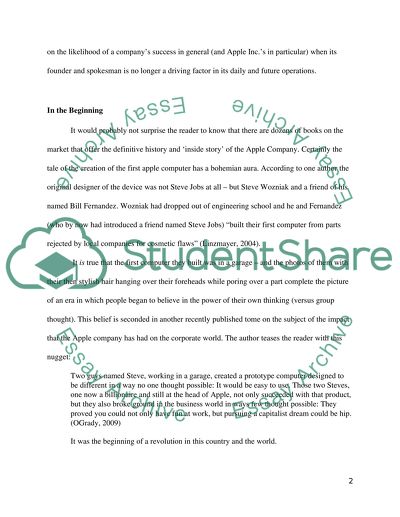Cite this document
(“Business Term Paper Example | Topics and Well Written Essays - 2000 words”, n.d.)
Retrieved from https://studentshare.org/environmental-studies/1415338-business
Retrieved from https://studentshare.org/environmental-studies/1415338-business
(Business Term Paper Example | Topics and Well Written Essays - 2000 Words)
https://studentshare.org/environmental-studies/1415338-business.
https://studentshare.org/environmental-studies/1415338-business.
“Business Term Paper Example | Topics and Well Written Essays - 2000 Words”, n.d. https://studentshare.org/environmental-studies/1415338-business.


